Was Christopher Columbus a monster? This recently purported idea by the often-infuriated activists of twitter has been gaining ground across country.Politicians desperately seeking votes of city councils across the country have been changing Columbus Day to Indigenous Peoples Day and started the removal process of Columbus statues across the country. This issue best left to historians became politicized and now we must question why is it politicized? and what is true?
To answer the question of why this has become politicized, one must examine who Columbus was. A devout catholic who came from poverty, taught himself navigation and then took a risk which paid off. This risk he took resulted in an economic explosion in Europe. Christopher Columbus embodied the American Dream before there even was one. He embodies much of what the left hates. Nothing, not even history, is safe from the all-consuming swamp monster that is political correctness. There are definitely figures from history that are praised for the wrong reasons but Columbus is not one of them.
One example of this is Vox comparing Columbus to a New-World pimp.
“This one he admitted himself in a letter to Doña Juana de la Torre, a friend of the Spanish queen: “There are plenty of dealers who go about looking for girls; those from nine to ten are now in demand, and for all ages a good price must be paid.”
If the author of this article had as much a smidgen of intellectual honesty he would’ve included Columbus’ response to this, which occurs in the direct next sentence.
“I assert that the violence of the calumny of turbulent persons has injured me more than my services have profited me; which is a bad example for the present and for the future. I take my oath that a number of men have gone to the Indies who did not deserve water in the sight of God and the world; and now they are returning thither, and leave is granted them.”
The Guardian called Columbus a “tyrant” citing a document from 2006 authored by Francisco de Bobadilla. The trend of sacrificing integrity for political continues here with that Francisco de Bobadilla was a rival of Columbus. We often hear about the dangers of fake news (sometimes even from The Guardian) and once again this source of malalignment of Columbus cannot be trusted due to the fact that Francisco de Bobadilla was a rival of Columbus. We would not trust what Trump says about Clinton much less trust what Clinton says about Trump, so why is this document an acceptable source?
When looking at primary sources, we can hope to find a more accurate truth about Christopher Columbus. Bartolemé de Las Casas, the Bishop of Chiapas and “protector of the Indians” admired Christopher Columbus and lauded him for his fair treatment of natives.
“A forgiver of injuries, [he] wished nothing more than that those who offended against him should recognize their errors, and that the delinquents be reconciled with him.”
If one believed the left, there would be many reasons to hate Christopher Columbus. Daniel Patrick Moynihan, a Democratic New York Senator, put it best “You are entitled to your own opinion, but you are not entitled to your own facts.” History is something that ought to be respected and studied carefully and bias has no place in it. So instead of vandalizing statues of Columbus, let’s continue our tradition of celebrating this brave explorer who traveled into unknown lands, something we should all aspire to.


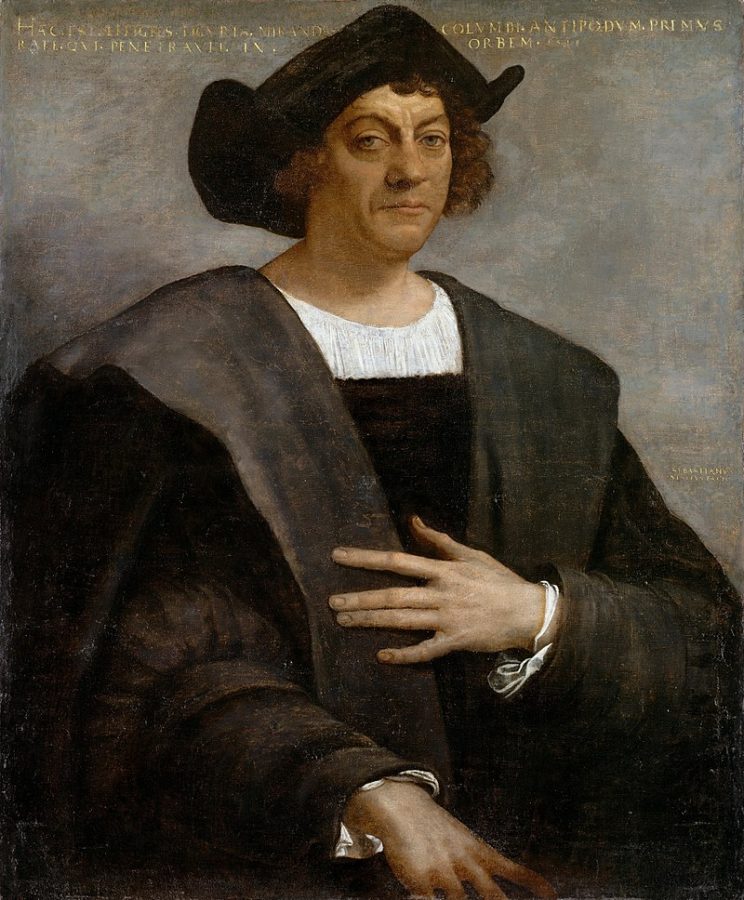

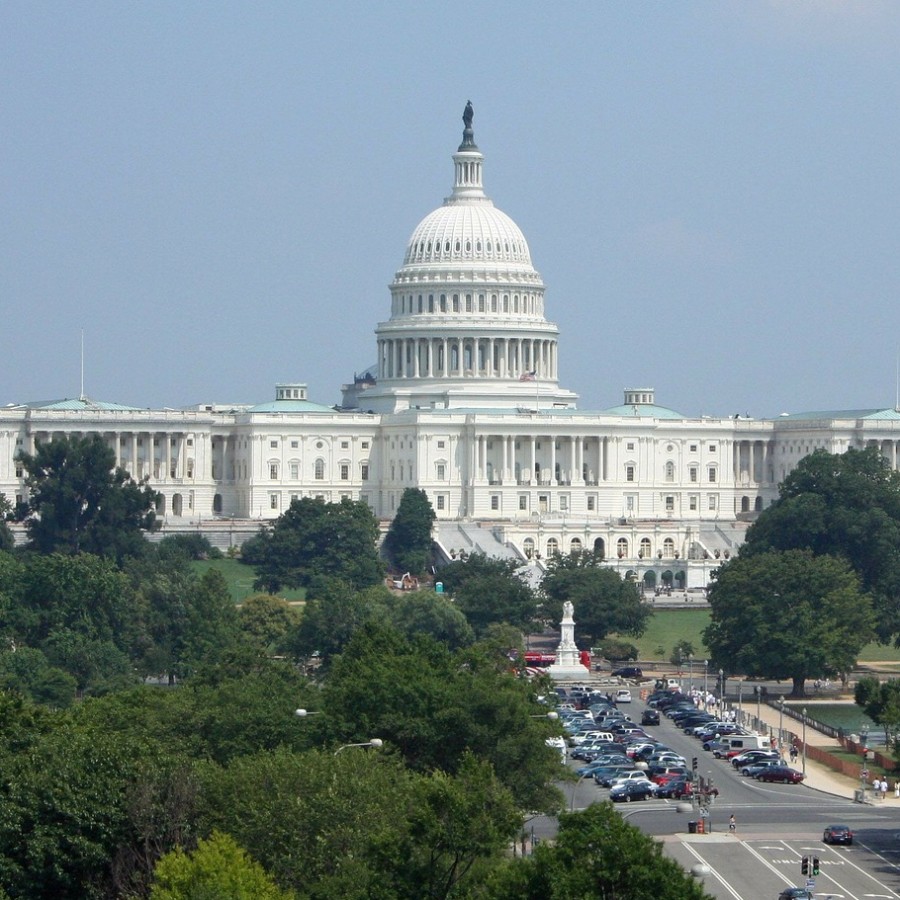

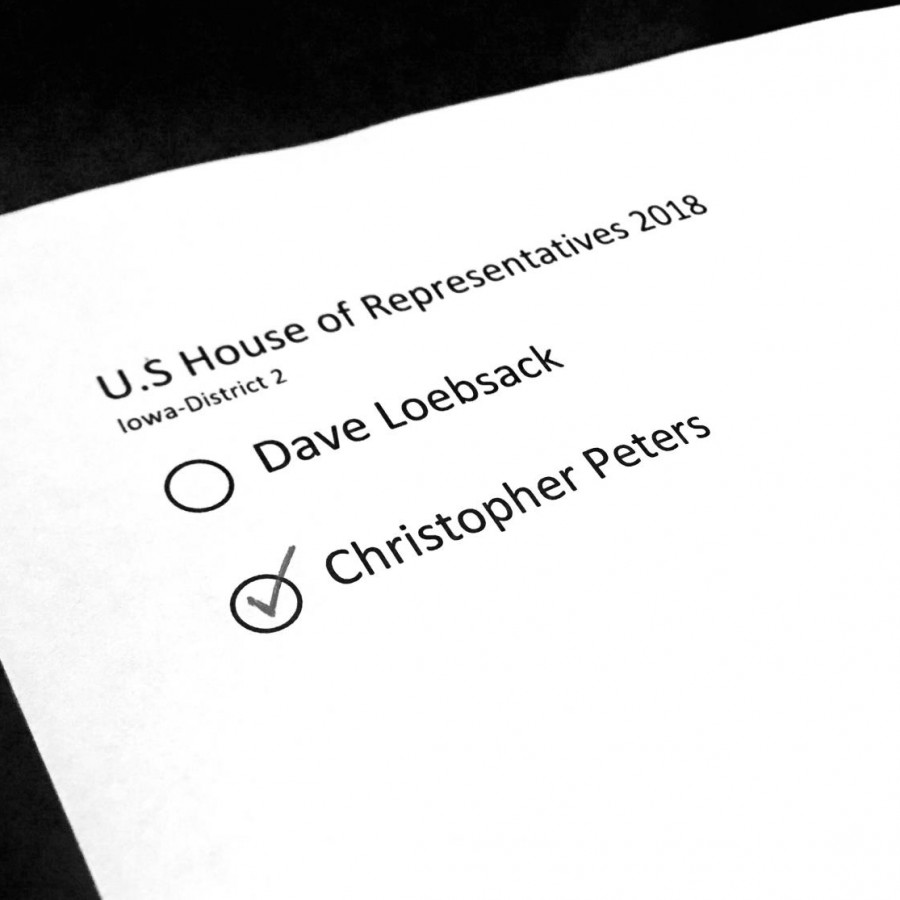









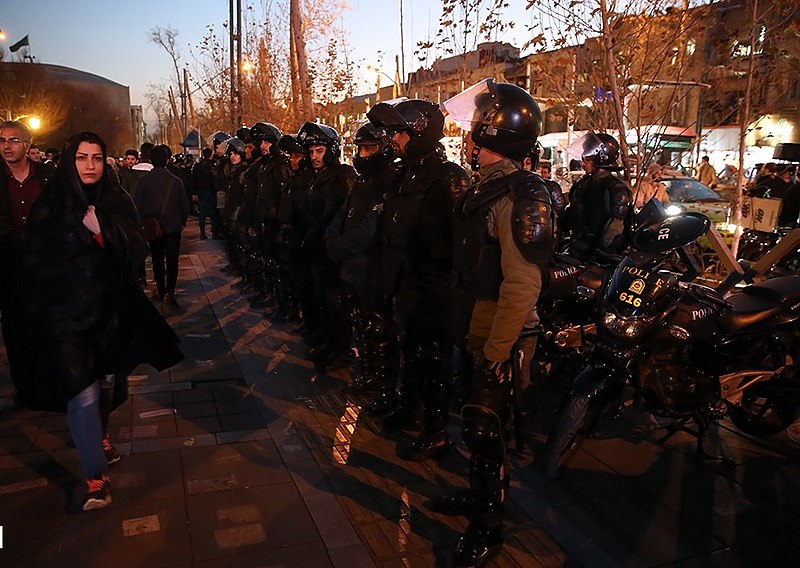
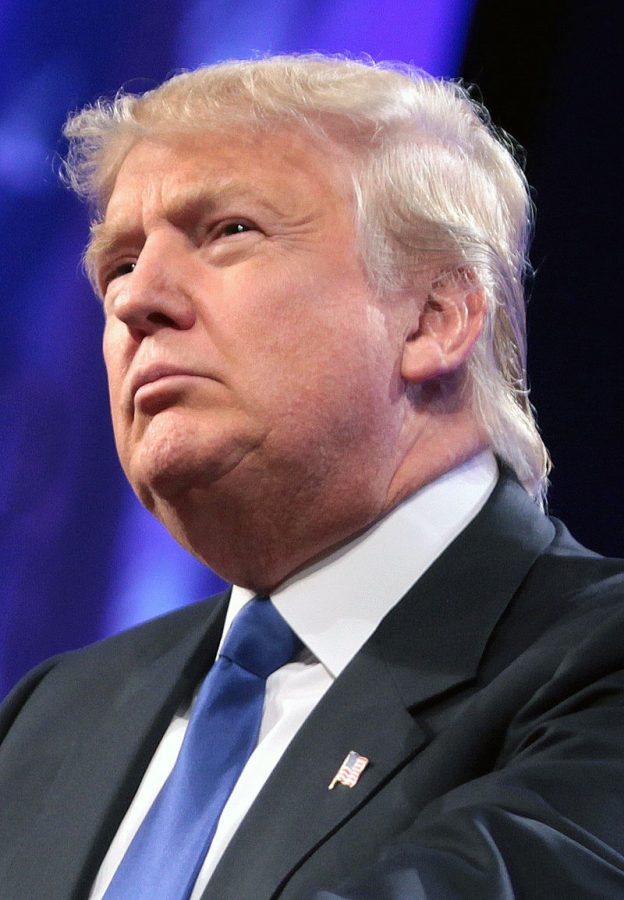


Gale • Sep 28, 2019 at 6:57 pm
Hi. Love to see that someone else is writing about this. You make some really good points, especially about looking at the perspective and motives when evaluating a historical source.
One thing I’d disagree with you (just slightly) is that las Casas praised Columbus treatment of the Taino. He did at points, but he also criticized him. I’ve been reading the book he wrote, History of the Indies (not to be confused with “Brief Account of the Desctruction of the Indies” which is shorter and doesn’t name many names). Here’s some more of what he wrote about Columbus from that….
” The admiral, it is true, was as blind as those who came after him, and he was so anxious to please the King that he committed irreparable crimes against the Indians. However, if he did not report the harm that certain Spaniards caused them, and if he assigned a tribe of Indians…and a few others to do work for them or find gold, it seems the occasions were very, very rare, and he acted as if forced to it by his own men, on account of past rebellions.”
“The admiral should have taken pains to bring love and peace and to avoid scandalous incidents, for not to perturb the innocent is a precept of evangelical law whose messenger he was. Instead, he inpired fear and displayed power, declared war and violated a jurisdiction that was not his but the Indians’; and it seems to me this is not using the door but a window to enter a house, as if the land were not inhabited by men but by beasts. ”
and elsewhere….
“Truely I would not dare blame the admiral’s intentions, for I knew him well and I know his intentions were good. But, the road he paved and the things he did of his own free will, as well as sometimes under constraint, stemmed from his ignorance of the law. …the admiral and his Christians, as well as all those who followed after him in this land, worked on teh assumption that the way to achieve their desires was first and foremost to instill fear in these people, to the extent of making the name Christian synonymous with terror…. And this is contrary and inimical to the way that those who profess Christian benignity, gentleness and peace ought to negotiate the conversion of infidels….”